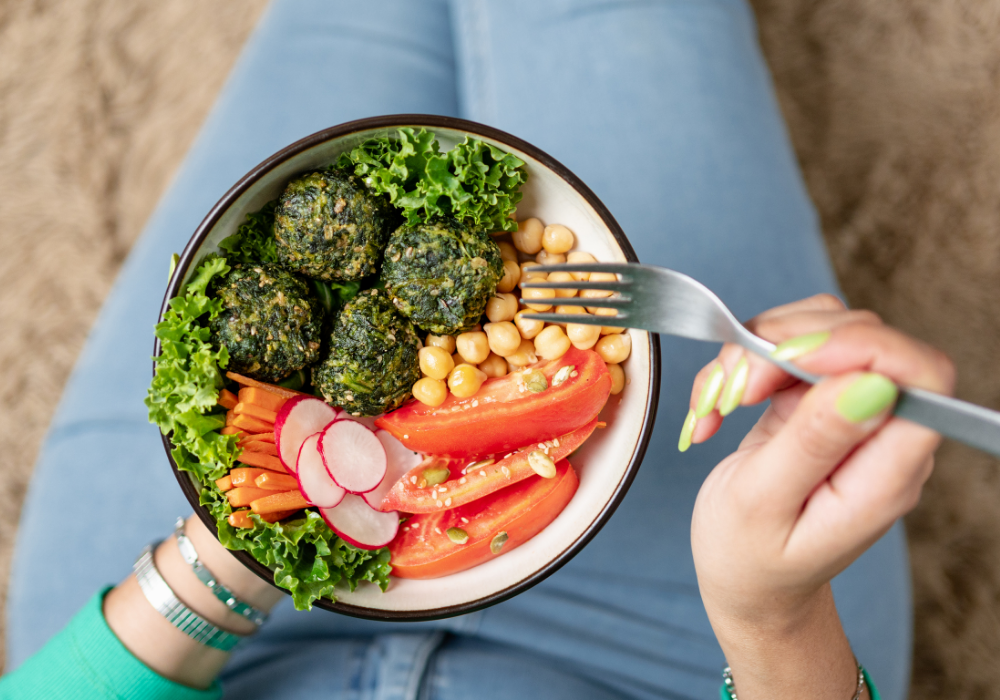Mindfulness isn’t just calming, it reshapes your brain for lasting happiness.

Happiness isn’t just a fleeting emotion; it’s a skill you can train your brain to develop. Mindfulness, the practice of focusing on the present moment without judgment, has been scientifically proven to rewire the brain’s neural pathways and foster greater emotional resilience. Studies show that consistent mindfulness practices can shrink the brain’s stress centers while strengthening areas tied to joy, empathy, and focus.
While it might sound like a lofty goal, incorporating mindfulness into daily routines doesn’t require hours of meditation or expensive retreats. Small, science-backed techniques can make a significant difference in boosting your mental well-being. These methods not only help reduce anxiety and improve focus but also create long-term changes in how your brain processes emotions. Here are the most effective mindfulness tricks supported by research to help you build a happier, more balanced life.








